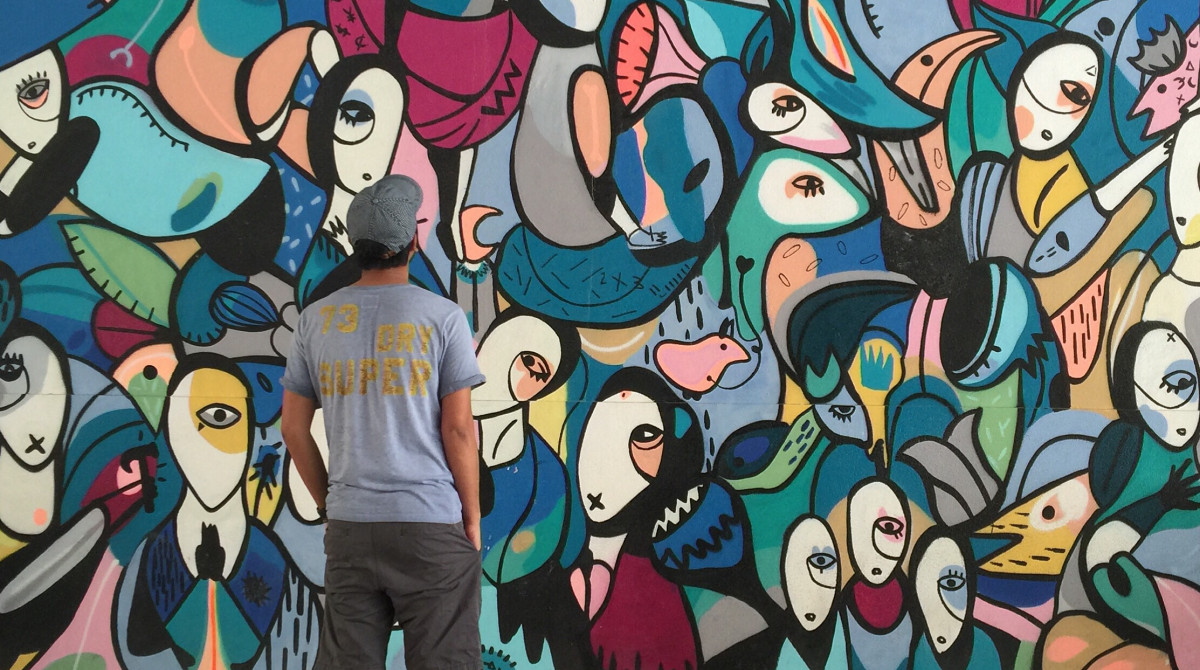The aim of transdisciplinary research is to achieve societal change. But what effect does this kind of research actually have on academia? The spectrum of possible effects that transdisciplinary research may generate within academia goes far beyond publications and citations. Topic Line 2 focused on this question.
Scientific Effects of Transdisciplinary Research
The aim of transdisciplinary research is to provide new academic insights. The spectrum of possible effects that transdisciplinary research may generate within academia goes far beyond publications and citations. Examples of this are new perspectives on the object of research, experiences with new research methods, or networking with people from different disciplines and spheres of activity. Thus far, however, we have very little knowledge about the kinds of scientific effects generated by transdisciplinary research and how these effects arise. With Topic Line 2 , the tdAcademy contributed to closing this research gap.
Changed scientific knowledge and reflexivity
In order to find answers to the question of what kinds of effects transdisciplinary research generates within academia, and how these arise, we conducted 22 qualitative interviews with professors from environmental sociology, sustainable chemistry and participatory health research. The interviews were evaluated using the method of qualitative content analysis, and the initial results were discussed and supplemented with some of the respondents in a dialogue forum. It was found that transdisciplinary research can lead to changes in the research subject and to changes in the quality of scientific results. In addition, transdisciplinary research promotes reflexivity among scientists.
The results of this study were published in an article: Marg, O.; Theiler, L. (2023): Effects of transdisciplinary research on scientific knowledge and reflexivity. Research Evaluation 32 (4), 635-647. https://doi.org/10.1093/reseval/rvad033
Dimensions of scientific effects
The evaluation of the interview study also served as the basis for an exploratory study into the dimensions of academia in which the scientific effects of transdisciplinary and participatory research can occur. An interdisciplinary group from the Working Group on Impact of the Society for Transdisciplinary and Participatory Research (GTPF) took up the dimensions identified in Topic Line 2 and used them as a structure to categorize various impacts.
The result was a working paper published on Zenodo: Theiler, L.; Semrau, J.; Acksel, B.; Fischer, F.; Gaertner, W.; Nuske, J.; Treichel-Grass, K.; Vasilyeva, Z. (2025): Dimensionen wissenschaftlicher Wirkungen transdisziplinärer und partizipativer Forschung. Impuls für ein breites Wirkungsverständnis. Gesellschaft für transdisziplinäre und partizipative Forschung e.V. https://doi.org/10.5281/zenodo.17532242
New Insights from the Community
Research on academia and transdisciplinarity was also conducted as part of the Guest and Fellowship Programme. Peter Wehling and the Fellow Group "Transdisciplinary Research and its Scientific Impact" were guests of Topic Line 2.
Both stays resulted in publications:
Wehling, P. (2022): Transdisziplinarität und Solutionismus: Ein verfehlter Vorwurf, aus dem sich trotzdem einiges lernen lässt. GAIA - Ecological Perspectives for Science and Society, 31 (1), 19-23. https://doi.org/10.14512/gaia.31.1.6
Caniglia, G.; Rütten, A.; Semrau, J.; Beecroft, R.; de Leeuw, E. (accepted): Are We Making a Difference? Framing the Scientific Impact of Transdisciplinary Research Through Epistemology, Ethos, and Embeddedness (EEE). Issues in Interdisciplinary Studies.

